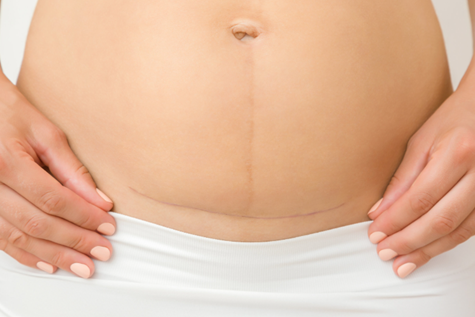Why Every New Mum needs a Postnatal Assessment
Essential?
I love it when a mother wheels in her pushchair — but the treatment is for her, not the baby.
It’s a moment that always makes me smile because it shows she’s taking that important step to look after herself. So often, new mums come in focused entirely on their baby’s needs, and everyone else in the house for that matter, rarely stopping to think about their own. But your body has been through an enormous transformation, and it deserves the same level of care and attention.
You need to put your health first.
I know that might sound impossible right now — when your baby’s needs come first, the house feels upside down, and you’d give anything for a full night’s sleep. But your recovery matters. Looking after you isn’t selfish; it’s essential.
A recent Google review from a lovely patient, L. Blanchard, said:
“Absolutely amazing! Anyone that has had a baby should go and see Bernitta! All staff are super friendly and welcoming! 10/10!”
Her words capture what I wish every new mum knew — that postnatal care isn’t a luxury. It’s a vital step towards helping your body recover, move comfortably, and feel like yours again.
Why Postnatal Assessments Matter
Pregnancy and childbirth place extraordinary demands on the body. Even when labour goes smoothly, muscles, joints and ligaments have been adapting for months to support a growing baby. Hormonal changes such as relaxin soften ligaments, while shifts in posture and balance alter how your body moves and supports itself.
Once your baby arrives, many mums experience pelvic discomfort, back pain or upper body tension from feeding, carrying or lifting. These aren’t simply “normal” parts of motherhood to push through — they’re signs that your body needs support as it heals.
Common Postnatal Issues Osteopaths Help With
Some of the most frequent concerns I see in clinic include:
Pelvic girdle pain (PGP) and pubic symphysis dysfunction (SPD)
Coccyx (tailbone) pain after delivery or prolonged sitting
Sacroiliac joint strain or lower back pain
Upper back and neck tension from feeding or holding your baby
Diastasis recti (tummy muscle separation) affecting core stability
Pelvic floor discomfort or a sense of heaviness
These are all treatable. Early assessment can make a huge difference in how well your body recovers, helping you move more freely, regain strength and prevent long-term compensations.
The Hidden Strain of New Mum Sleep Habits
Statistically, many new mothers — especially in the first month — find themselves co-sleeping with their newborns. Often this isn’t planned, but comes from sheer exhaustion and the challenge of getting a baby to settle in a cot.
I know from my own experience how this happens, a baby waking after just 20 minutes in their cot (which took best part of an hour to achieve!). But those fixed cradling positions, night after night, can lead to neck, shoulder, upper back or hip pain as your body unconsciously braces to keep your baby safe. I only had a new mother in last week with her 10 week old suffering with buttock pain, linked to her cramped side-lying sleeping position - just to be able to get some form of sleep!
I’ve written more about this in my related blog,
👉 Back Pain in Co-Sleeping Mothers – An Osteopath’s Perspective,
which explores the link between co-sleeping habits and musculoskeletal strain in more detail.
A postnatal assessment can help release these patterns and support better posture during those precious (and often broken) hours of rest.
A Personal Note
When I had my own children, I experienced first-hand how the body can hold tension in unexpected ways. I remember bracing myself on the handles of the birth pool for so long that my right shoulder was in agony. I was back in clinic less than 48 hours after giving birth — not as the practitioner, but as a patient seeing my colleague Osteopath!
Water birthing at home still has its challenges!
That experience reminded me how easy it is to underestimate the physical toll of birth. Your body has done something incredible — and it deserves the same care and respect you give to everyone else.
Put Yourself Back on the List
Many mothers delay seeking help because they feel they should cope, or because their partner has returned to work and time feels scarce. But investing an hour in a postnatal assessment can make a world of difference to your comfort, confidence and wellbeing.
Whether your birth was vaginal or via C-section, whether you’re a first-time mum or adding to your family — your body deserves attention and care.
If you’ve noticed discomfort, pain, or simply want reassurance that your body is recovering as it should, book your postnatal osteopathic assessment today. And if you’re struggling to leave baby, bring them along too!
Book online here - https://thewatersidepractice.janeapp.co.uk/#/staff_member/1
or call 01487 209084 to speak with our friendly team at The Waterside Practice.




